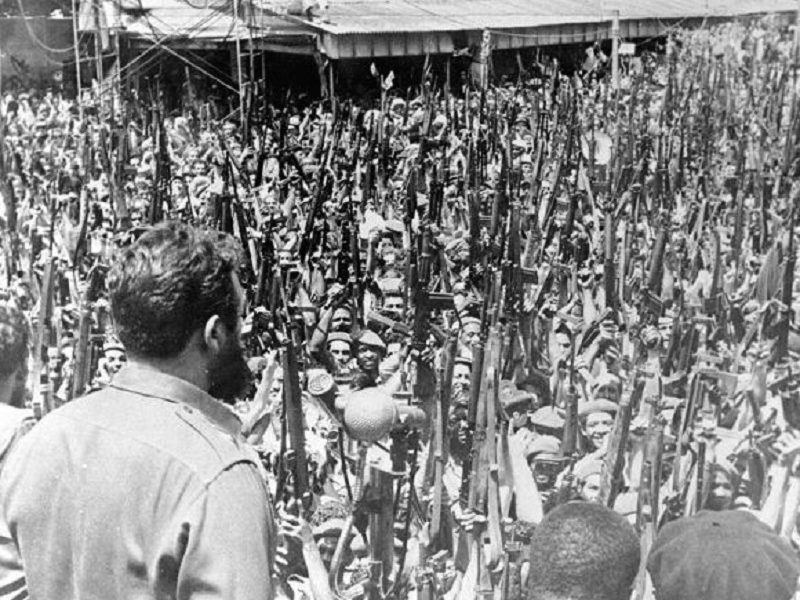Trotsky
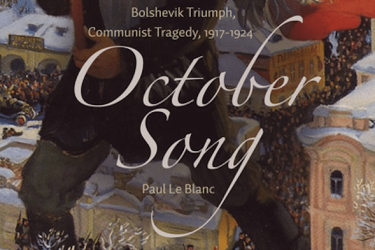
The Russian Revolution of 1917: Resources for scholars and revolutionaries
For those wanting to make use of Marxism to understand and change the world, among the most important classical thinkers are, surely, Rosa Luxemburg and Vladimir Ilyich Lenin.
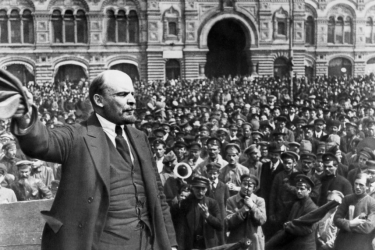
Lessons of Russia's October 1917 revolution (Part II) — What kind of revolutionary organisation?
Read Part I “Coup or mass insurrection?” here.
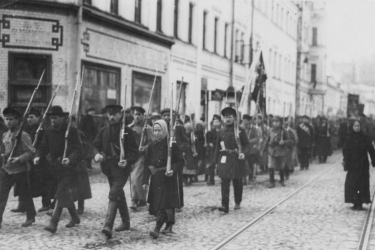
Lessons of Russia's October 1917 revolution (Part I) — Coup or mass insurrection?
"October is still ground zero for arguments about fundamental, radical social change.
Remembering Trotsky’s contributions
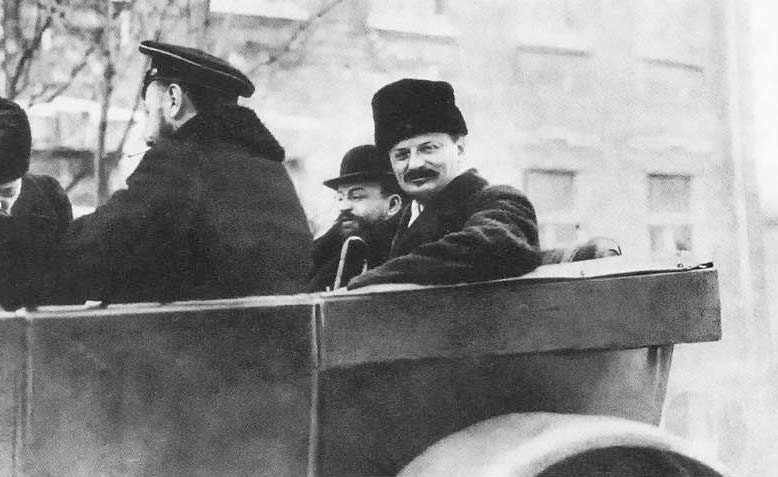
By Doug Enaa Greene
An anatomy of revolution: Trotsky and the Spanish Revolution, 1931-1935 (Part II)

Leon Trotsky and cultural revolution
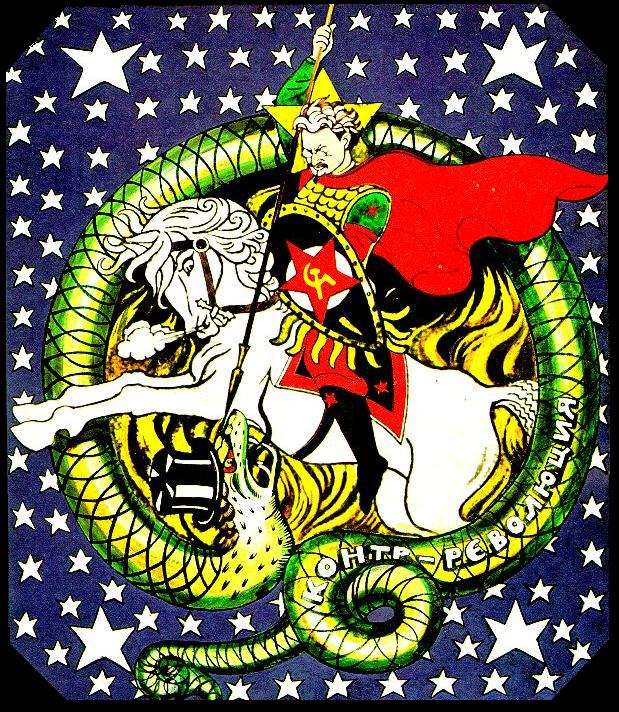
By Doug Enaa Greene





